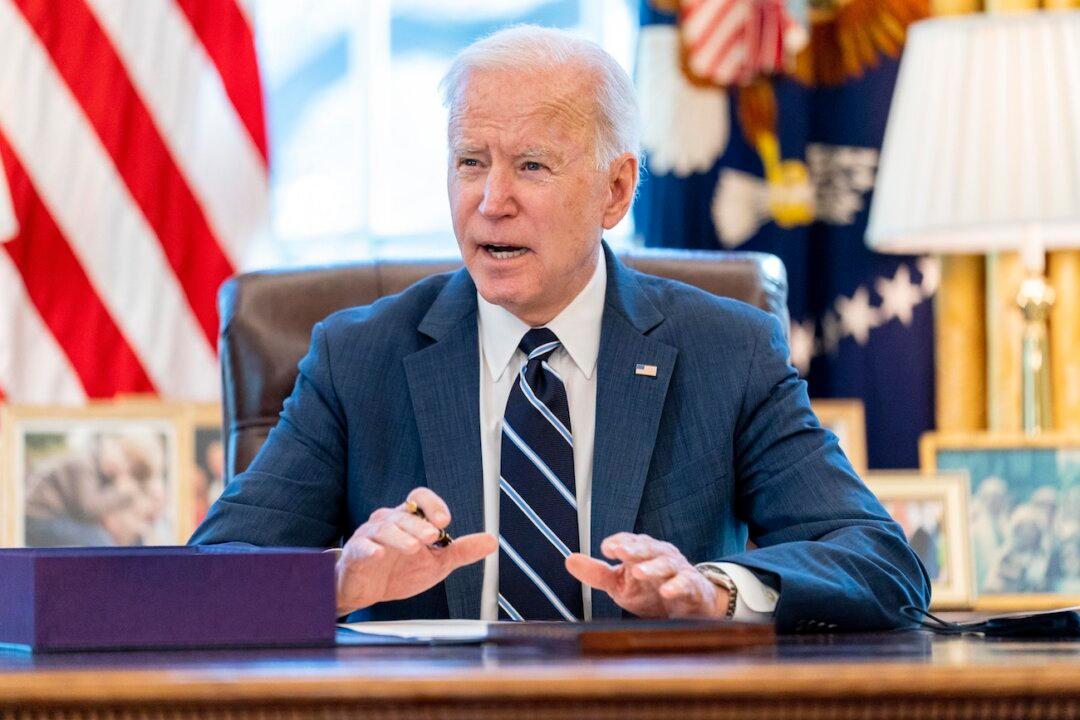WASHINGTON–President Joe Biden is holding his first summit on Friday with the leaders of Japan, India, and Australia to step up the game on vaccine distribution in the Indo-Pacific to counter China’s influence in the region.
The informal alliance called the Quadrilateral Security Dialogue or “Quad” that consists of the United States, India, Japan, and Australia will discuss a wide range of topics including distribution of vaccines in the region, climate change, and critical technologies.





